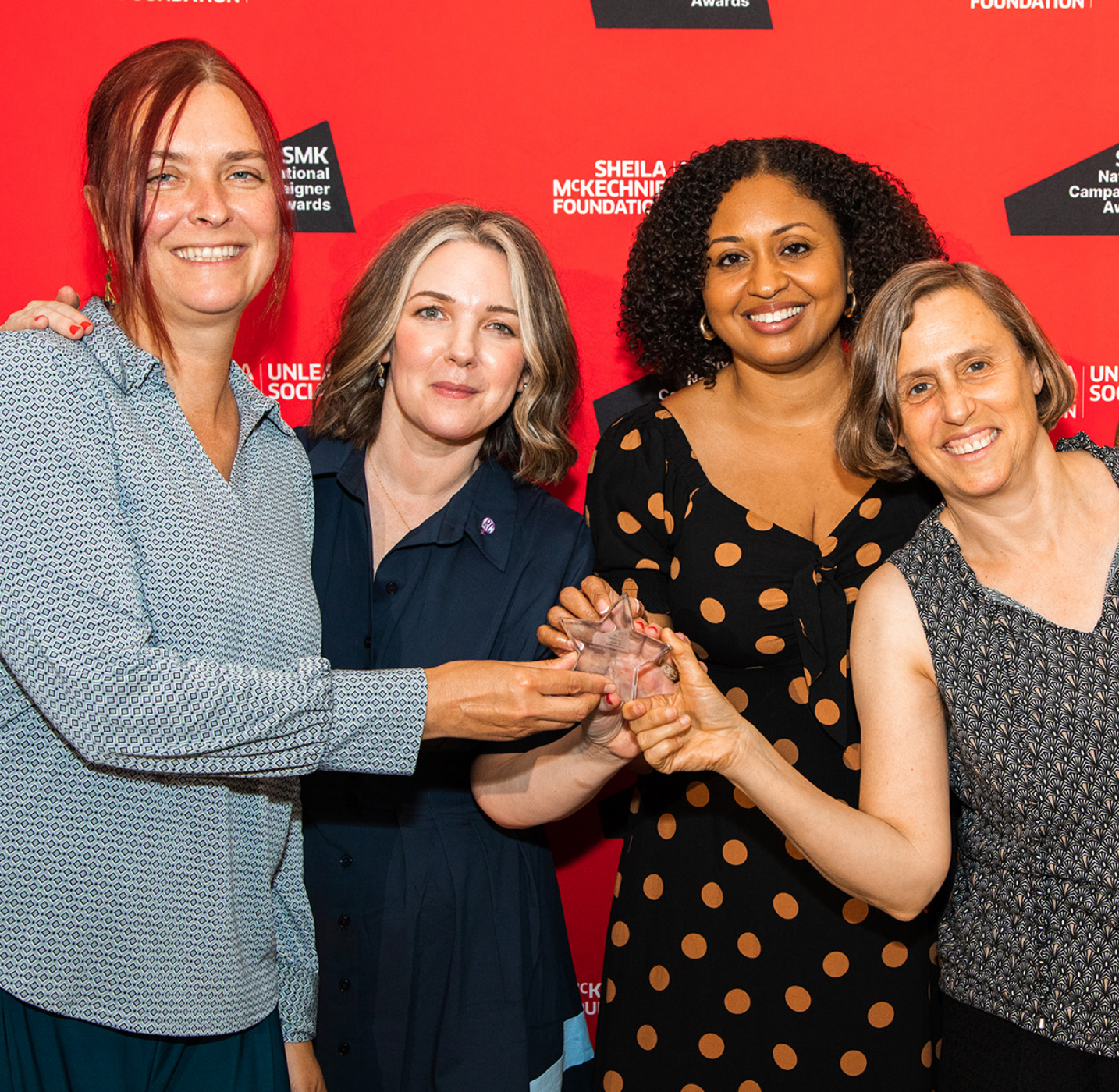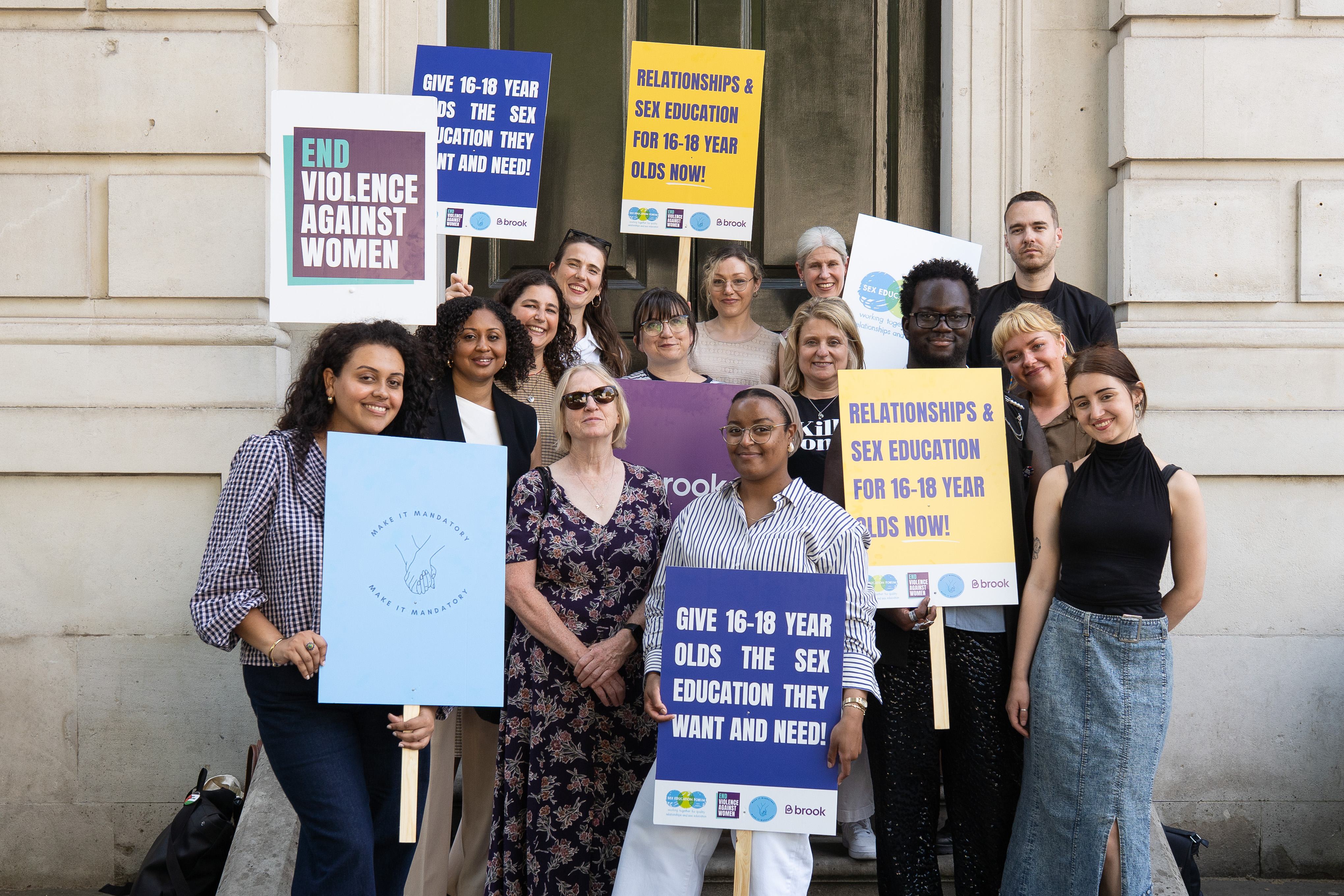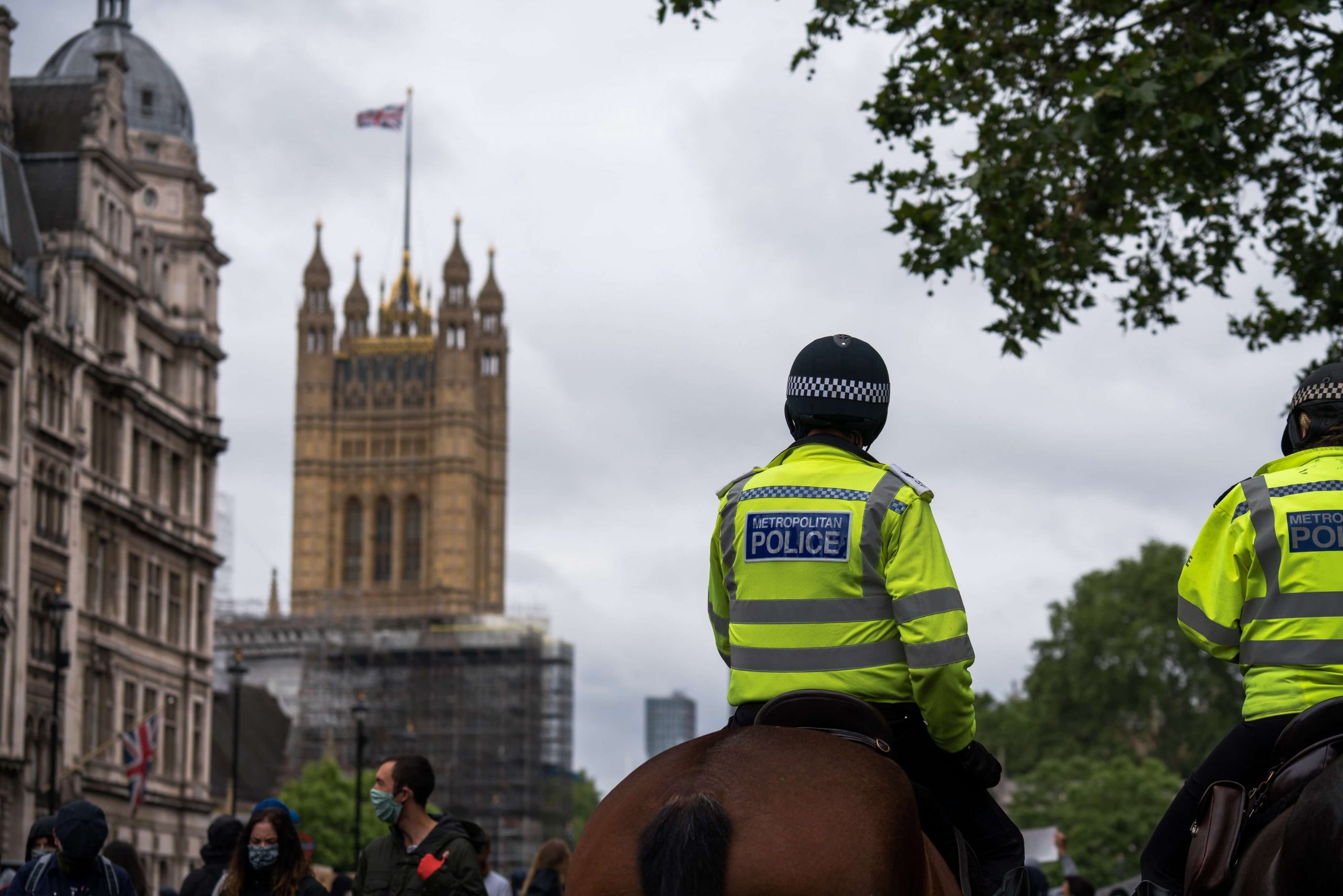 20 Jun
20 Jun
Today (17 September 2021), Her Majesty’s Inspectorate of Constabulary and Fire & Rescue Services (HMICFRS) published its report into how effectively the police respond to violence against women and girls (VAWG). The inspectorate’s report sets out 5 overarching recommendations, summarised below:
- An immediate and unequivocal commitment that the response to VAWG offences is an absolute priority for government, policing, the criminal justice system, and public-sector partnerships. This should be supported by sufficient funding as part of a whole-system approach
- The relentless pursuit and disruption of adult perpetrators should be a national priority for the police.
- Structures and funding should be put in place to make sure victims receive tailored and consistent support.
- All chief constables should immediately review and ensure that there are consistently high standards in their forces’ responses to violence against women and girls and should be supported in doing so by national standards and data.
- Immediate review of use of outcomes 15 and 16 (VAWG offences closed by the police as requiring no further action, due to evidential difficulties or because the victim does not support further action).
EVAW welcomes many of these recommendations and would hope to see them implemented urgently and consistently. In particular, we strongly agree with the view that radical change is both much needed and overdue, as survivors and women’s groups have been demanding for many years. There are however some significant omissions in the report with regard to how policing is experienced by women with intersecting inequalities.
Lack of equalities data
Limitations in the data for those with protected characteristics leads us to question the report’s overarching assertion that there have been “vast improvements” in the policing response to VAWG over the last decade, as we know this is not the reality for Black and minoritised victim-survivors in particular.
Improvement is needed in the collection of VAWG offences data, particularly for protected characteristics, and especially ethnicity. In one force, as much as 50 percent of cases had no self-defined ethnicity information recorded, while the best performing force only had this recorded in 65 percent of cases. This reaffirms EVAW’s long-standing calls for more accurate and consistent data that is disaggregated across victim-survivor characteristics across all authorities, including police forces. Our joint Decriminalisation of Rape report outlined how women with intersecting identities experience different justice outcomes and so criminal justice agencies must be able to identify and respond according to these differences, in order to address these inequalities.
Alarmingly, in over two thirds of the cases examined by HMICFRS, it could not find evidence that victim-survivors had been referred to support services. It is unfortunate that the report does not go into detail regarding who these victims are and what sort of support those who are referred receive. Such equalities analysis is key to understanding how the criminal justice system is experienced by all groups of women.
We agree with the call for national standards and the need to introduce a set of measures to monitor improvements in the criminal justice system; it is critical that this be underpinned by strong accountability mechanisms and cannot be focused on criminal justice outcomes alone. Linking to a single national survey to measure victim satisfaction, as the report suggests, would support this.
Although the report states that it was commissioned partly as a response to the murder of Sarah Everard by a serving Metropolitan Police officer, VAWG offences and inappropriate behaviour by serving police officers were not examined. This is the subject of an outstanding police super-complaint brought by Centre for Women’s Justice (CWJ) on the response to allegations of police-perpetrated domestic abuse. HMICFRS research with victim-survivors and specialist support workers found there are clearly distinct concerns for the victim-survivors of abuse perpetrated by serving police officers.
Similarly, the report makes passing reference to the circumstances of migrant victim-survivors with insecure immigration status, who are often fearful of reporting to the police due to the police’s collusion with Home Office Immigration Enforcement (as set out in the joint police super-complaint by Southall Black Sisters and Liberty). However, there is no wider examination as to how these issues shape how the policing of VAWG is experienced by different groups of women and girls.
The inspectorate acknowledges that “the best result [for a victim-survivor of VAWG] may not always be one within the criminal justice system”, emphasising why wraparound support from specialist services is so vital. It is important that support for victim-survivors is wraparound and trauma-informed, and not solely focused on advocacy through the justice system.
Andrea Simon, Director, End Violence Against Women Coalition said:
“We welcome the inspectorate’s findings and agree that there is an urgent need for radical transformation in policing crimes against women, and this fundamental shift in approach must also include a focus on the wider justice, health and education systems.
It’s clear that the current system is not working for victims and survivors and needs a complete overhaul to tackle the epidemic of violence against women and girls and ensure all victims and survivors can access justice and support. The process of reporting to the police is often a daunting and difficult experience for victims, and more attention must be given to how and why so many are failed by this process; as well as to which victims are disproportionately failed.
It is highly disappointing the inspection failed to address the very serious issue of police officers as perpetrators of domestic abuse and sexual harassment. There is evidence of routine failures to take appropriate action to root out this behaviour from within police ranks.
We hope that this report will add further momentum to our calls for urgent, radical reform to ensure that all victim-survivors of VAWG receive an equal and appropriate policing response to ensure their safety.”
ENDS
Notes
Spokespeople are available for comment.
EVAW media line: 07960 744 502
Email: admin@evaw.org.uk
Recommended ARTICLES
 20 Jun
20 Jun
 19 Jun
19 Jun
 16 Jun
16 Jun

